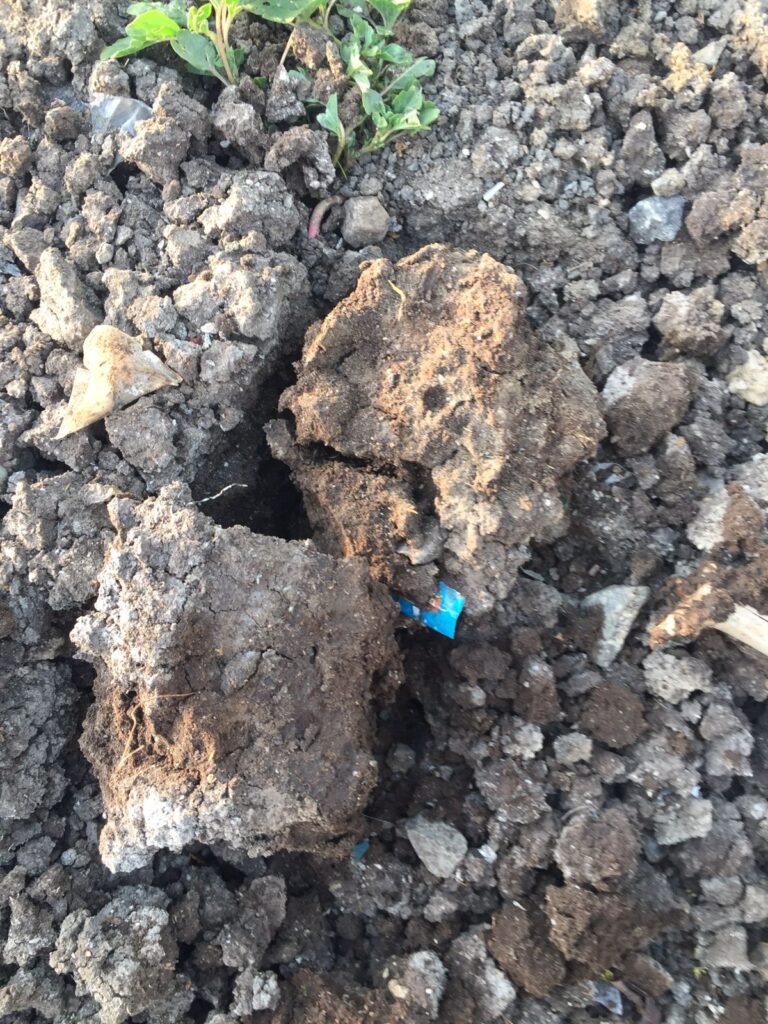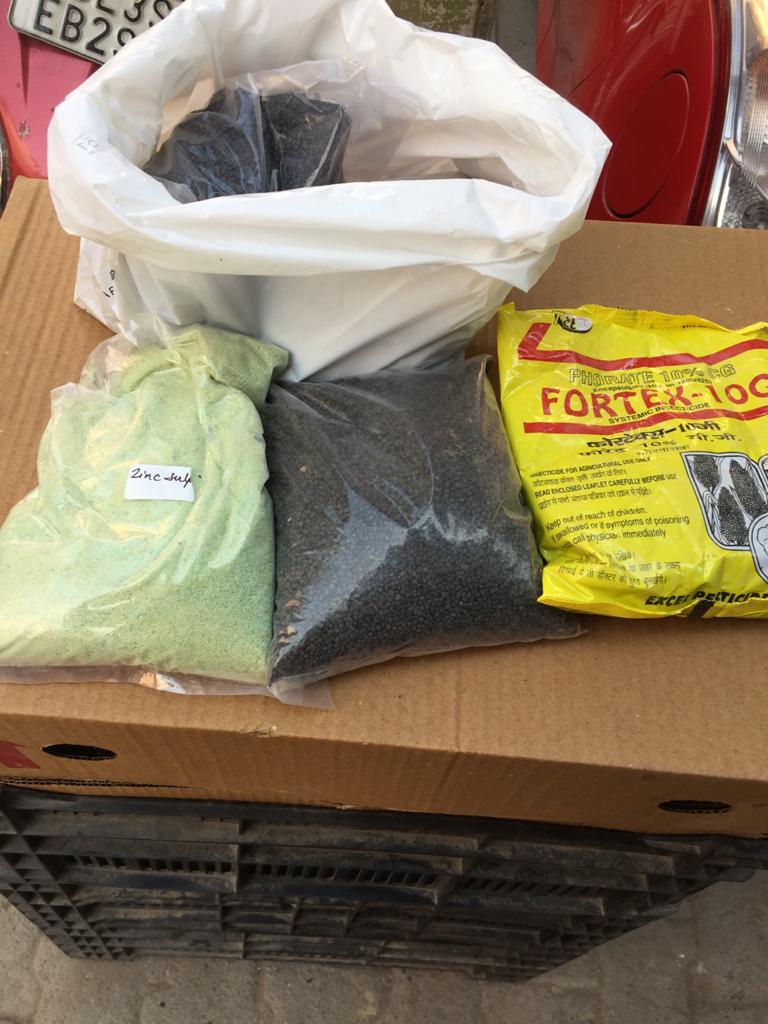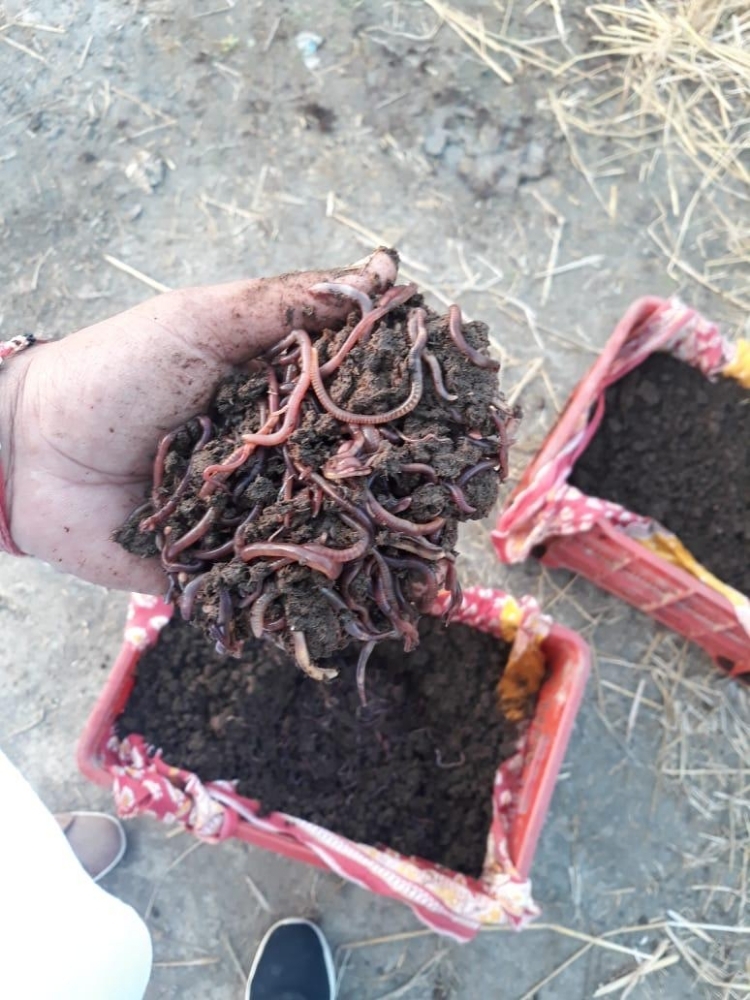Lawn Grass Fertilizer SOS: Say Goodbye to Brown Spots and Weak Growth
Have you ever looked out at your yard and felt a pang of disappointment? Instead of a bright green carpet, you see patchy brown spots and weak, dull grass. You’re not alone. Many homes struggle with keeping their lawns healthy and lush. But fear not, there’s a solution: lawn grass fertilizer!
Diagnosing the problem
Before getting into nutrients, let’s understand what might be causing those brown spots and weak growth. Here are some culprits: Nutrient Deficiency: Lawns require a healthy meal of important nutrients, just like we do. If your dirt is lacking nitrogen, phosphorus, or potassium, your grass will suffer. Grubs and insects: These pesky critters can munch on grass roots, hurting the entire plant. Thatch Build-Up: Thatch is a layer of dead grass leaves and other organic matter that sits on top of the dirt. A thick thatch layer can prevent water and nutrients from reaching the roots. Incorrect Watering: Overwatering or underwatering can both stress your yard.
Looking for the best Natural Lawn Grass Carpet Roll?
Fertilizer to the rescue!
Yard grass fertilizer can be a powerful tool for revitalizing your yard and restoring it to its green glory. Here’s how: Replenishes Nutrients: A good fertilizer will provide your lawn with the important nutrients it needs to grow. Strengthens Grass: Healthy, well-fed grass is better able to fight pests and diseases. Promotes Growth: Fertilizer can encourage thicker, greener grass growth, filling in those pesky brown spots.
Choosing the Right Fertilizer
Not all nutrients are created equal. Here are some things to consider when picking one for your lawn: Your Grass Type: Different types of grass have different requirements. Choose a Lawn Grass Fertilizer that is tailored to your specific grass variety. Nutrient Content: Look for a fertilizer that includes nitrogen, phosphorus, and potassium in a reasonable amount. A soil test can show exactly what nutrients your lawn is missing, allowing you to choose a targeted fertilizer.
Applying fertilizer properly
Once you’ve chosen the right fertilizer, it’s important to apply it properly. Here are some tips: Follow the instructions: Read and follow the application directions on the fertilizer package carefully. Apply at the Right Time: The best time to fertilize varies depending on your grass type and temperature. Generally, it’s best to feed in the cool seasons, like spring and fall. Water Thoroughly: After applying fertilizer, water your yard deeply to help it take in the nutrients.
Lawn Care Beyond Fertilizer
Fertilizer is a useful tool, but it’s not a magic bullet. For a truly healthy lawn, try these extra practices: Proper Watering: Water your yard deeply and rarely, rather than shallowly and often. Mowing: Mow your yard regularly, at the recommended height for your grass type. Aerating: Aeration helps open packed soil and allows air, water, and nutrients to reach the roots.
Conclusion
With a little TLC and the right fertilizer, you can kiss those brown spots and weak growth goodbye. Remember, a healthy yard not only looks great, but it also helps improve air quality and adds value to your home. So grab a bag of fertilizer, follow these tips, and get ready to enjoy a healthy, green yard you can be proud of! I recommend checking out:
- How to plant lawn grass : A Step-by-Step Guide for a Beautiful Yard
- Natural Weed and Grass Killer Recipe for a Chemical-Free Lawn
- What type of machine is used to cut grass?
- 5 gorgeous flowering plants to bring home in summer
- 10 Stress Relieving Indoor plants for home
- 10 plants you can easily grow in a bottle
- 5 Easy Tips to Maintain a Tulsi Plant at Home
- 5 Medicinal Plants to Grow at Home
- 10 palm plants to grow at home
Last Updated on 4 weeks ago by Anjali Mehra Ph.D. in Horticulture (Punjab Agricultural University)
- Best Lawn Grass for Cold Climate in Kashmir - March 1, 2026
- Lawn Grass Lifespan in India – Which Grass Lasts Longest? - February 23, 2026
- Can Lawn Grass Grow Without Direct Sunlight? (2026 Expert Guide) - February 12, 2026



